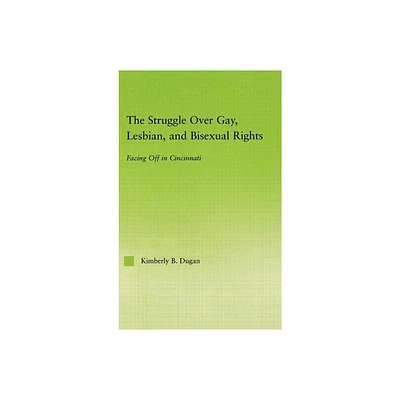Home
Cold War Resistance: The International Struggle over Antibiotics
Loading Inventory...
Barnes and Noble
Cold War Resistance: The International Struggle over Antibiotics
Current price: $19.99


Barnes and Noble
Cold War Resistance: The International Struggle over Antibiotics
Current price: $19.99
Loading Inventory...
Size: Audiobook
*Product Information may vary - to confirm product availability, pricing, and additional information please contact Barnes and Noble
In June 1941 a pair of British scientists boarded a plane for America with World War II raging all around them. They carried a precious commodity—penicillin—and the knowledge that it would change history. Once the U.S. government had been debriefed, the Office of Science Research and Development, in conjunction with British counterparts, assumed control, and penicillin became a top-secret matter of national security, second in importance only to the atomic bomb. In
Cold War Resistance
Marc Landas uncovers the dark history behind the discovery, production, and distribution of penicillin and other antibiotics. In 1949 the United States embargoed any material deemed of “strategic importance,” including antibiotics, from going to Communist countries, effectively shutting off the Soviet Union from a modern medical miracle. The Soviets responded by creating satellite antibiotic factories in Warsaw Pact countries that produced subpar antibiotics, which soon led to antibiotic resistance. Today, the number of effective antibiotics available is dwindling, and the state of antibiotic resistance is worsening. The Cold War played a critical role in fostering this resistance, as Landas argues in this pathbreaking history of the international struggle over antibiotics.
Cold War Resistance
Marc Landas uncovers the dark history behind the discovery, production, and distribution of penicillin and other antibiotics. In 1949 the United States embargoed any material deemed of “strategic importance,” including antibiotics, from going to Communist countries, effectively shutting off the Soviet Union from a modern medical miracle. The Soviets responded by creating satellite antibiotic factories in Warsaw Pact countries that produced subpar antibiotics, which soon led to antibiotic resistance. Today, the number of effective antibiotics available is dwindling, and the state of antibiotic resistance is worsening. The Cold War played a critical role in fostering this resistance, as Landas argues in this pathbreaking history of the international struggle over antibiotics.


















